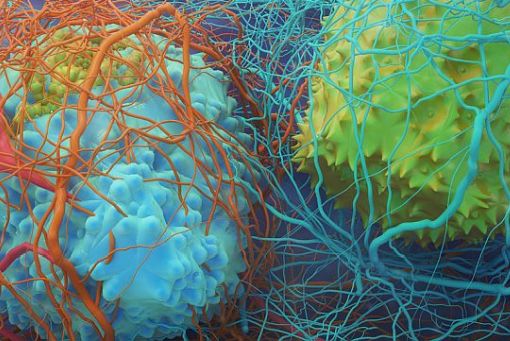
CASES EU Insights Into Acute Myeloid Leukemia (AML)
Provide an overview of the current and evolving treatment landscape in adult patients with AML, in the frontline and relapsed/refractory settings Understand the need to risk-stratify AML patients to optimize treatment selection on the basis of currently approved agents. Review the clinical data to support use of these agents and optimal management of patients Through case-based discussions, understand the appropriate sequencing of available agents to maximize the clinical outcomes of AML patients
Faculty Chair
Adriano Venditti, MD
University of Rome Tor Vergata, Rome, Italy
KEY TAKEAWAYS AND STRATEGIC INSIGHTS
The meeting report will be based on the following topics
- First-Line Treatment of AML
Overview of current data
Factors guiding first-line therapy
Impact of age, cytogenetics, molecular markers, comorbidities, PS, and etiology (primary, therapy-related, myelodysplasia-related changes) on induction therapy selection
Integration of novel agents approved and under investigation (FLT3 inhibitors, BCL2 inhibitors, Hedgehog pathway inhibitors, IDH1 inhibitors)
Role of MRD
Maintenance therapy - Management of Relapsed/Refractory AML and Promising Strategies
Overview of current data
Factors guiding second-line and subsequent therapy
Biomarkers at relapse
Patient age, timing of relapse (<12 months vs ≥12 months), and role of reinduction or HCT
Targeted therapy for FLT3-positive, CD33-positive, and IDH1– or IDH2-positive patients
GEOGRAPHIC REPRESENTATION & CONTENT DEVELOPMENT
- Data collection is accomplished through use of audience response system questioning and moderated discussion
- The group of advisors will comprise 15 hematologists from Spain, Italy and Germany
